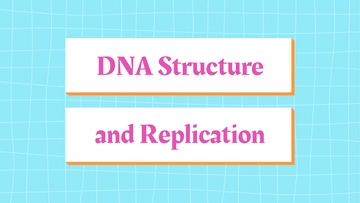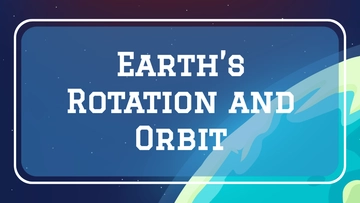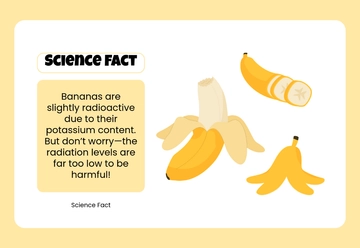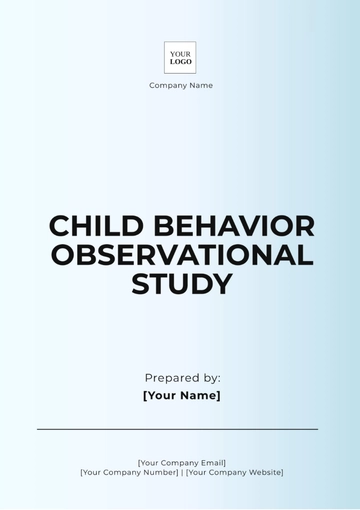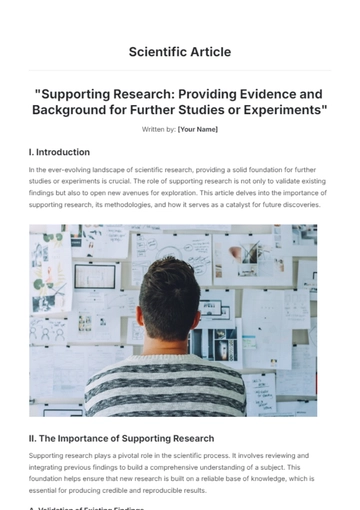Free Elementary Science Article
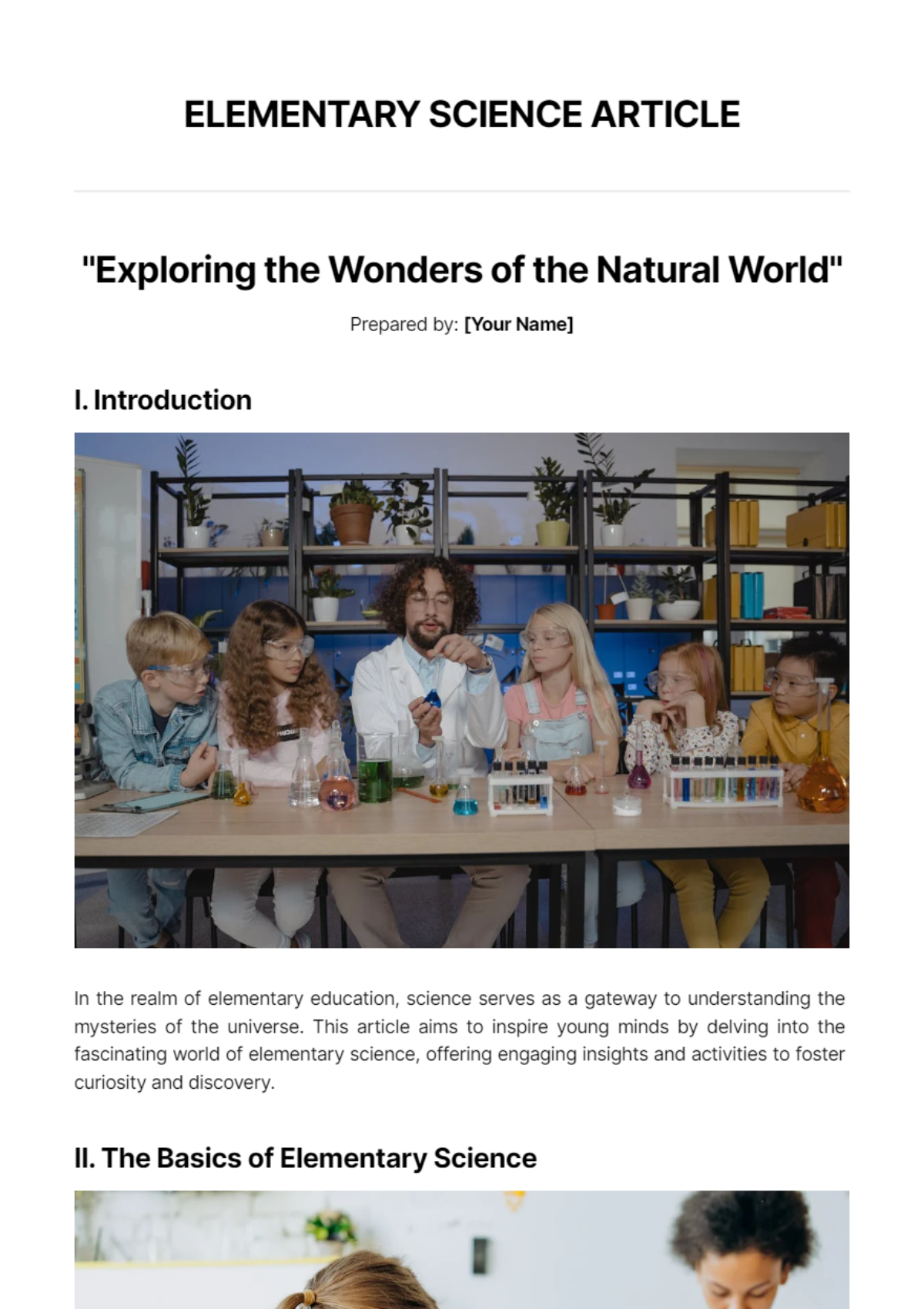
"Exploring the Wonders of the Natural World"
Prepared by: [Your Name]
I. Introduction

In the realm of elementary education, science serves as a gateway to understanding the mysteries of the universe. This article aims to inspire young minds by delving into the fascinating world of elementary science, offering engaging insights and activities to foster curiosity and discovery.
II. The Basics of Elementary Science

A. Introduction to Scientific Inquiry
Elementary science introduces students to the process of scientific inquiry, encouraging them to ask questions, make observations, and form hypotheses.
Hands-on experiments and activities provide opportunities for students to explore scientific concepts in a fun and interactive way.
B. Core Concepts and Topics
Elementary science covers a range of core concepts, including the properties of matter, the water cycle, the solar system, ecosystems, and the scientific method.
Through exploration and experimentation, students gain a deeper understanding of the natural world and its interconnectedness.
C. Importance of Science Education
Science education is vital for developing critical thinking skills, problem-solving abilities, and a lifelong appreciation for learning.
By nurturing a sense of wonder and curiosity, elementary science lays the foundation for future scientific exploration and discovery.
III. Engaging Activities and Experiments

A. Exploring the Properties of Matter
Students can conduct simple experiments to explore the properties of different materials, such as density, buoyancy, and solubility.
Activities like making slime, creating lava lamps, and building structures with various materials help reinforce key concepts in chemistry and physics.
B. Investigating the Water Cycle
Hands-on activities allow students to observe the water cycle in action, from evaporation and condensation to precipitation and runoff.
Building models of the water cycle, conducting water filtration experiments, and exploring the importance of water conservation promote a deeper understanding of Earth's hydrological processes.
C. Discovering the Solar System
Students can learn about the planets, moons, and other celestial bodies in our solar system through interactive activities and simulations.
Building model planets, creating solar system dioramas, and observing the phases of the moon with homemade telescopes spark excitement and curiosity about astronomy.
IV. Integrating Technology and Resources
A. Interactive Websites and Apps
Educational websites and apps offer interactive simulations, virtual labs, and multimedia resources to enhance elementary science learning.
Platforms like Khan Academy, NASA Kids' Club, and National Geographic Kids provide engaging content and activities across various science topics.
B. Utilizing Classroom Resources
Science kits, models, posters, and books are valuable resources for hands-on learning experiences in the classroom.
Teachers can integrate real-world examples, guest speakers, and field trips to science museums or nature centers to enrich the elementary science curriculum.
V. Conclusion
Elementary science education lays the groundwork for a lifelong journey of exploration and discovery. By fostering curiosity, critical thinking, and a love of learning, educators empower students to become curious, compassionate, and environmentally conscious global citizens. Together, we can inspire the next generation of scientists, innovators, and stewards of the natural world.
For further assistance, collaboration opportunities, or to explore more educational resources in elementary science, feel free to reach out via email at [Your Email] or connect on [Your Company Social Media]. Your dedication to nurturing young minds in science is essential for building a brighter future for all.
- 100% Customizable, free editor
- Access 1 Million+ Templates, photo’s & graphics
- Download or share as a template
- Click and replace photos, graphics, text, backgrounds
- Resize, crop, AI write & more
- Access advanced editor
Introduce young minds to the wonders of science with our Elementary Science Article Template from Template.net. This editable and customizable resource is perfect for educators and science enthusiasts looking to create engaging and informative articles for elementary students. Use our Ai Editor Tool to tailor the content to specific topics and learning objectives. Spark curiosity and excitement about science today!






